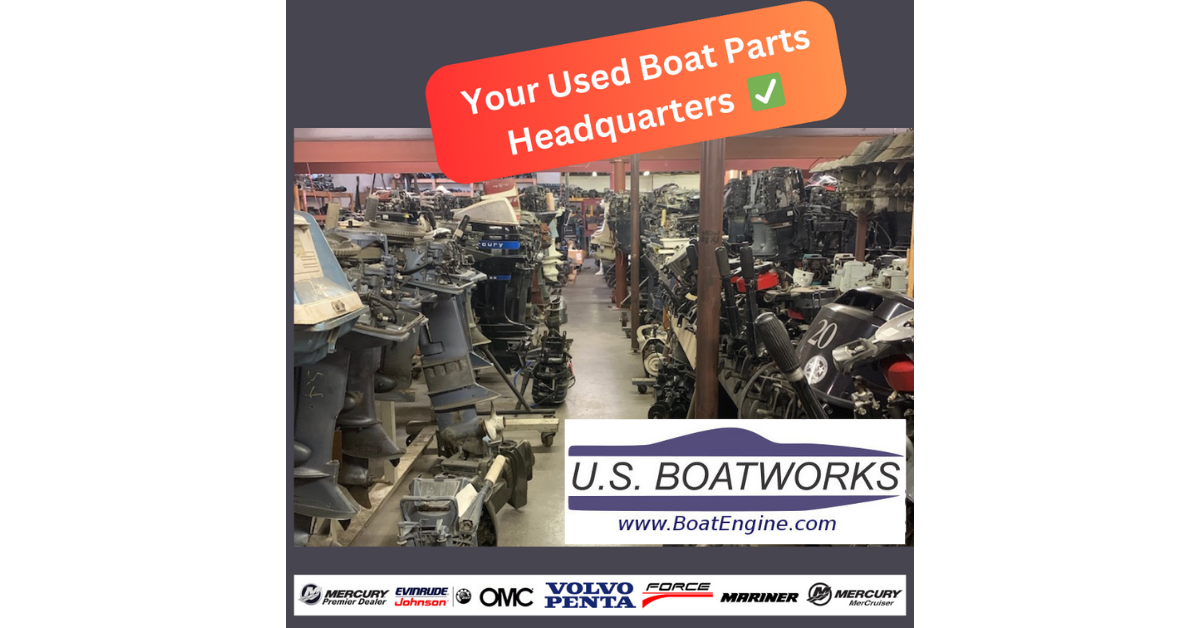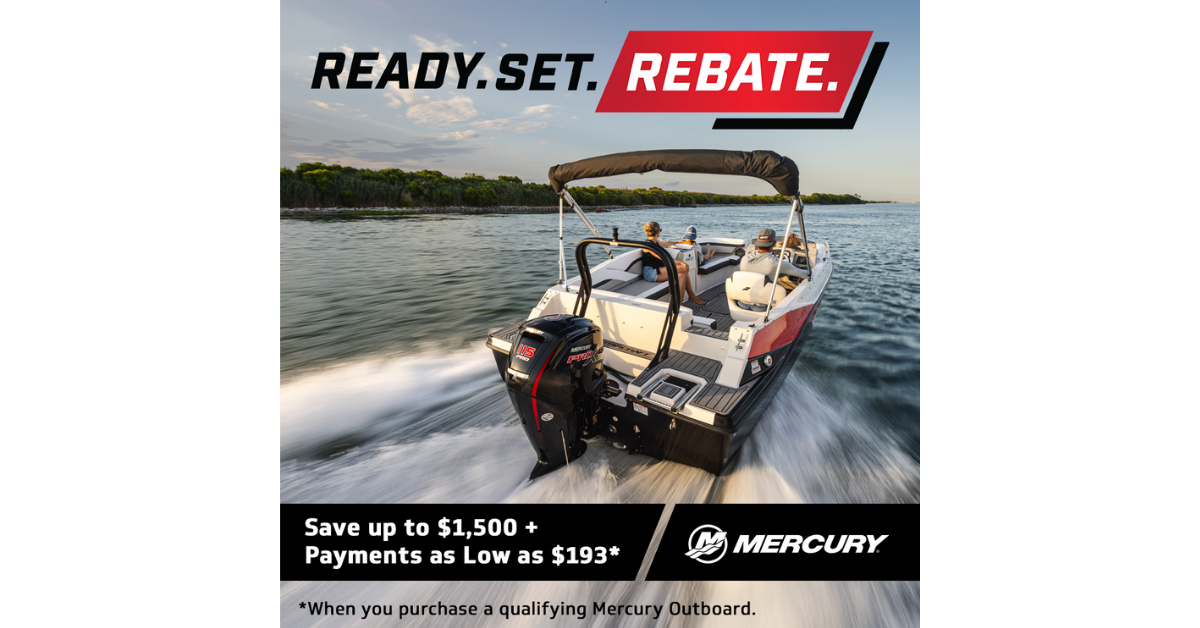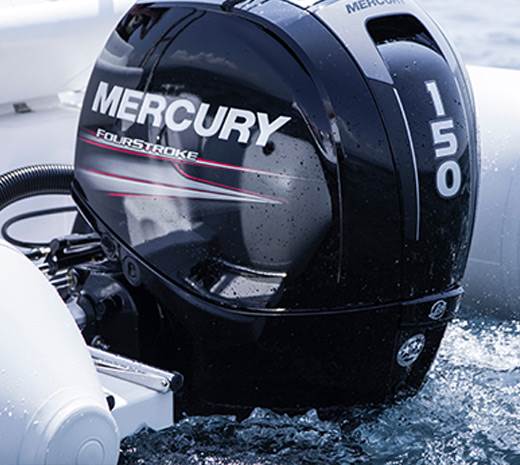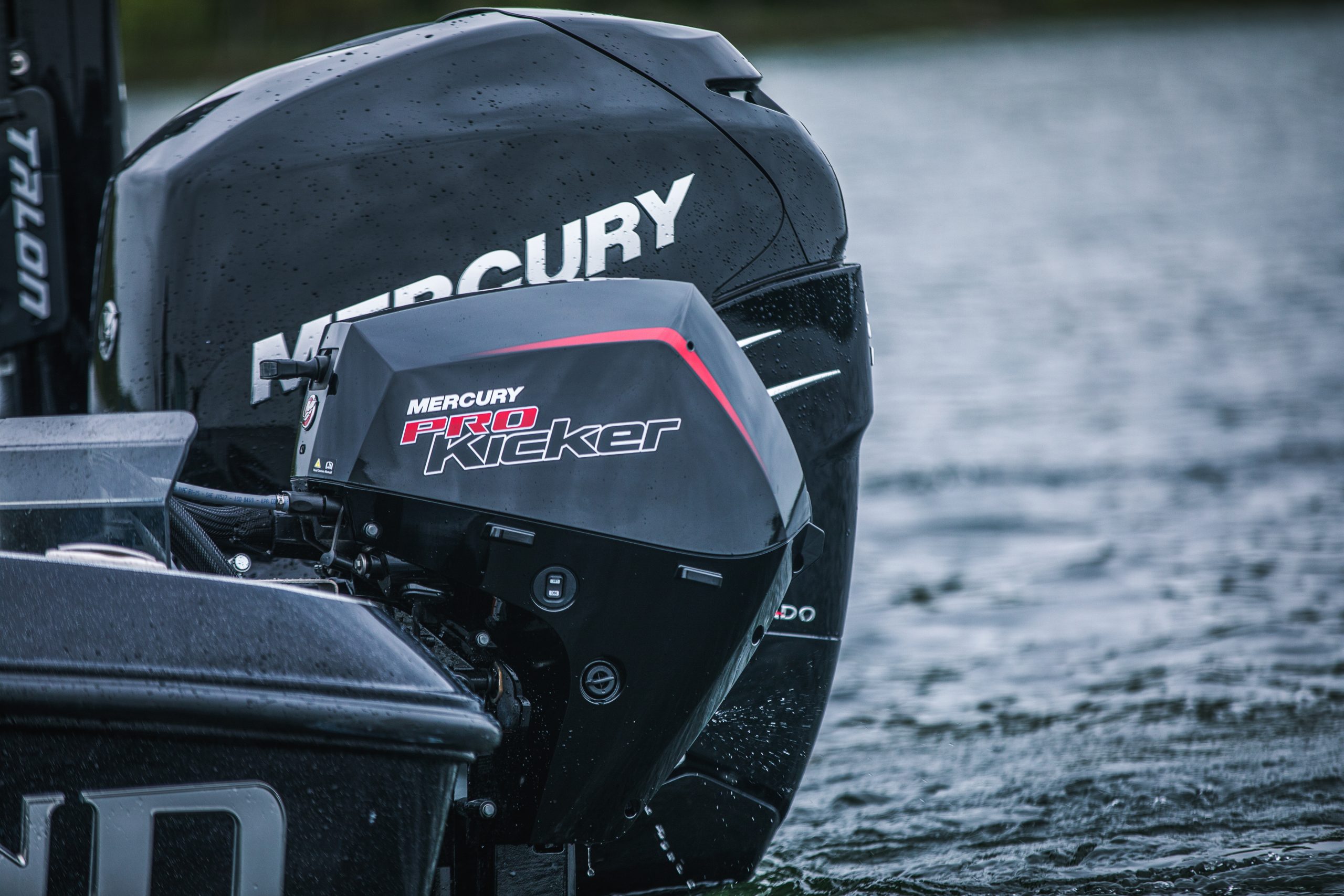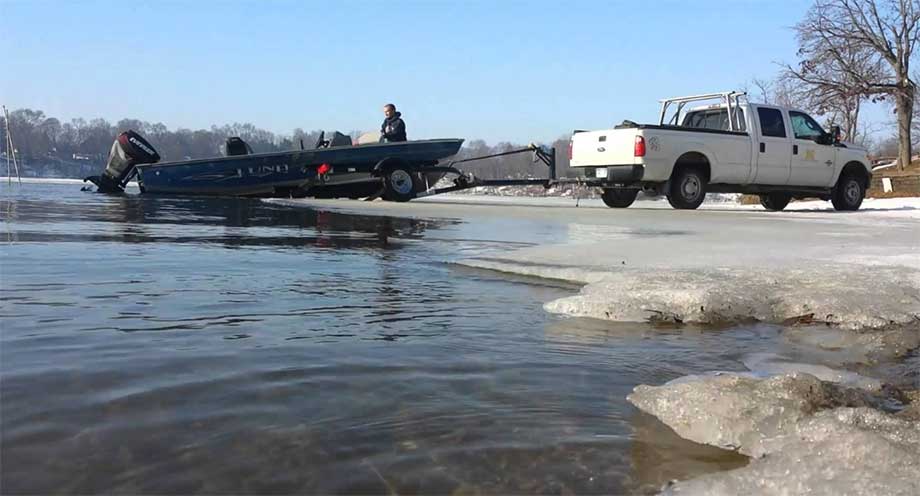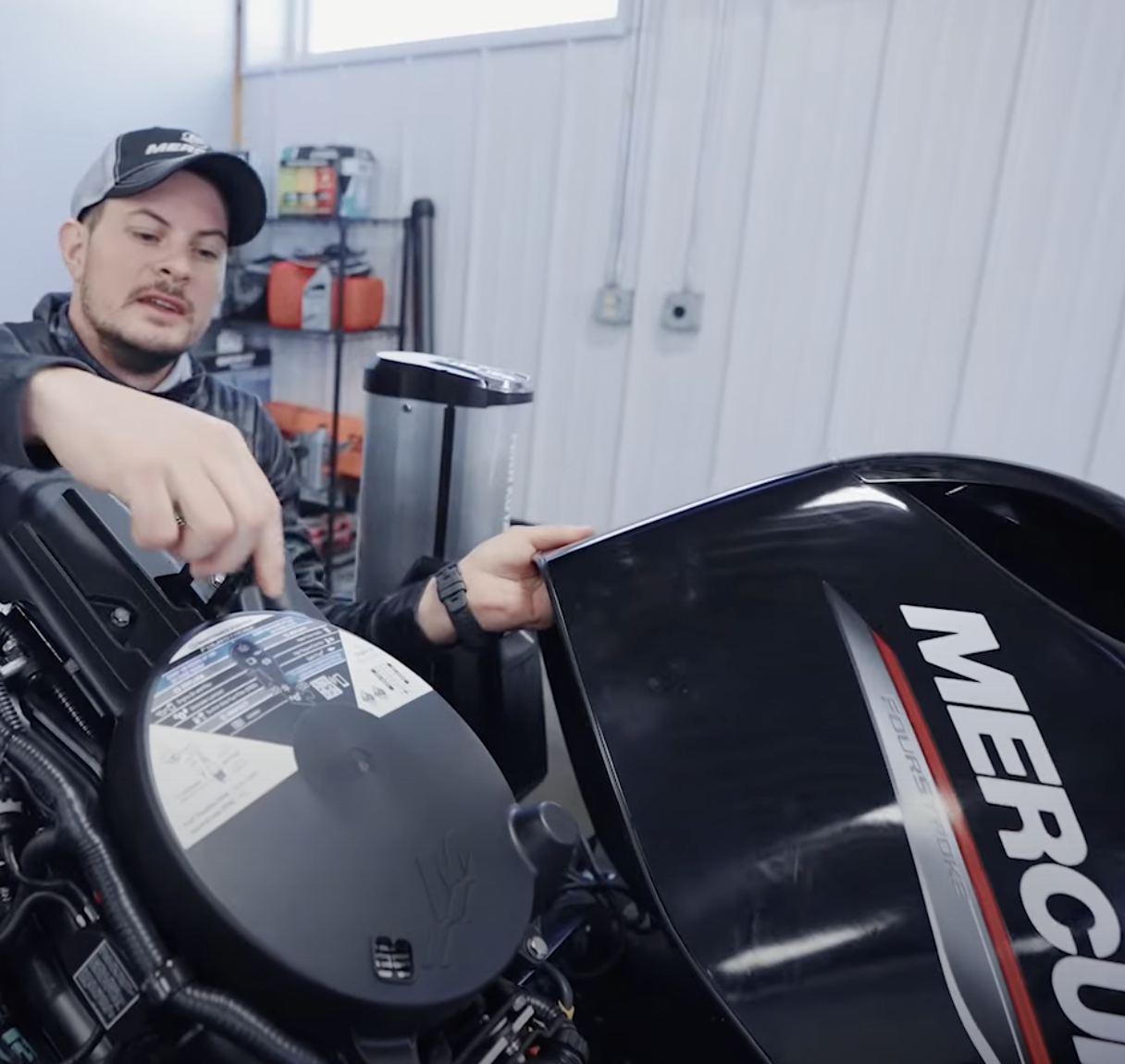Outboard Motor Parts: A Comprehensive Guide
Outboard motors are integral to the performance and functionality of your boat. To maintain and repair them effectively, it’s essential to understand their main components, the types of motors available, and the best practices for purchasing replacement parts.
Main Components of an Outboard Motor
Outboard motors consist of three primary sections: the powerhead, the midsection, and the lower unit. Each plays a vital role in ensuring the motor operates smoothly.
Powerhead
The powerhead houses the engine, which powers the outboard motor. It remains above water and includes critical components such as:
- Fuel Tank
- Speed Control Lever
- Carburetor
- Reed Valves
The engine starts with a pull cord that generates a spark to ignite the cylinders. Most powerheads use water cooling to maintain optimal temperatures.
Midsection
The midsection includes:
- Mounting Bracket: Attaches the motor to the boat.
- Exhaust Housing: Expels used elements from the engine.
Lower Unit
The lower unit is responsible for propulsion and includes:
- Propeller: Provides thrust to move the boat. It can be tilted to avoid damage in shallow waters.
- Skeg: Extends from the keel and aids in stability and steering.
- Gearbox: Ensures smooth operation of the propeller.
The lower unit is one of the most commonly damaged parts of an outboard motor due to hidden underwater obstacles like rocks and tree branches. Replacing a lower unit is straightforward with the right parts and tools, but it’s important to choose quality replacements.
Lower unit Replacement Guide
This video reveals the pros and cons of lower unit replacement. Save yourself from a costly mistake – check it out before you buy!
Types of Outboard Motors
Outboard motors come in various types to suit different boating needs:
Large Motors
- Suitable for boats 37 feet or longer.
- Feature V6 or V8 cylinder blocks with up to 557 horsepower.
- Also available in smaller configurations (15–135 horsepower) for boats up to 17 feet.
Portable Motors
- Compact and lightweight, offering up to 15 horsepower.
- Easily attached and removed using clamps.
- Typically started with a manual pull cord and controlled via a tiller.
Electric-Powered Motors (Trolling Motors)
- Ideal for small craft or areas where gas-powered engines are prohibited.
- Quiet operation with zero emissions.
Pump-Jet Motors
- Use a water jet propulsion system.
- Water enters through an intake and is expelled to create thrust.
Finding and Purchasing Outboard Motor Parts
Regular maintenance and occasional repairs are part of owning an outboard motor. To ensure long-term reliability, follow these steps when purchasing replacement parts:
Identify Your Outboard Manufacturer
Always buy parts specific to your outboard brand. For example, Mercury motors require Mercury parts, and Evinrude motors need Evinrude parts and Volvo-Penta engines should use genuine OEM parts.
Avoid aftermarket parts, as they may not meet OEM (Original Equipment Manufacturer) standard. Both safety and longivety of your motor could be compromised.
Check out our easy to use guide to locating your engine model number or serial number here.
Locate Your Model and Serial Number
- Evinrude, Johnson, and OMC: Use the model number.
- Mercury Marine & Mercruiser: Use the serial number.
- Volvo Penta: Use your engine serial number.
Determine the Component You Need
Whether it’s a lower unit, fuel pump, or propeller, pinpoint the exact part required for repairs.
Use a Parts Diagram
Boat motor parts diagrams are invaluable for identifying specific components. Websites like Boatengine.com offer diagrams linked directly to shopping carts for easy purchasing.
Recommended Boat Repair Parts
Choose parts from reputable marine retailers specializing in outboard motors. OEM parts are highly recommended as they:
- Ensure proper fit and performance.
- Offer superior durability compared to aftermarket alternatives.
Get Expert Assistance
For help finding the right parts, try US Boatworks, which stocks over 2 million boat parts. Their knowledgeable staff can guide you in locating the correct components, and they only sell OEM parts, ensuring high quality and reliability.
Final Thoughts
Outboard motors are intricate systems requiring proper care and maintenance. By understanding their components, types, and repair processes, you can keep your motor running efficiently. Whether you need a large V8 engine for a big boat or a portable motor for smaller crafts, choosing the right parts and adhering to manufacturer recommendations will ensure years of trouble-free boating.

